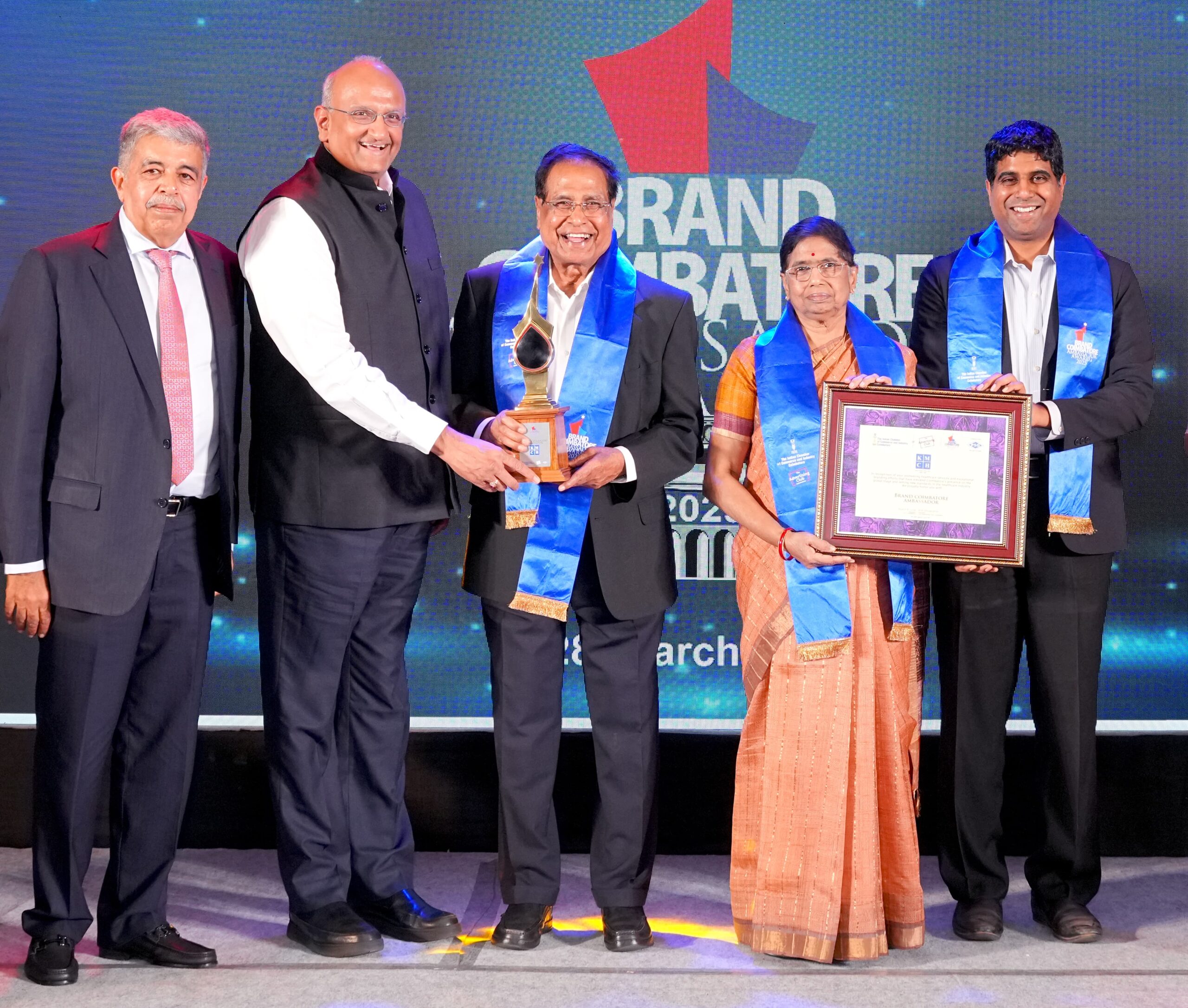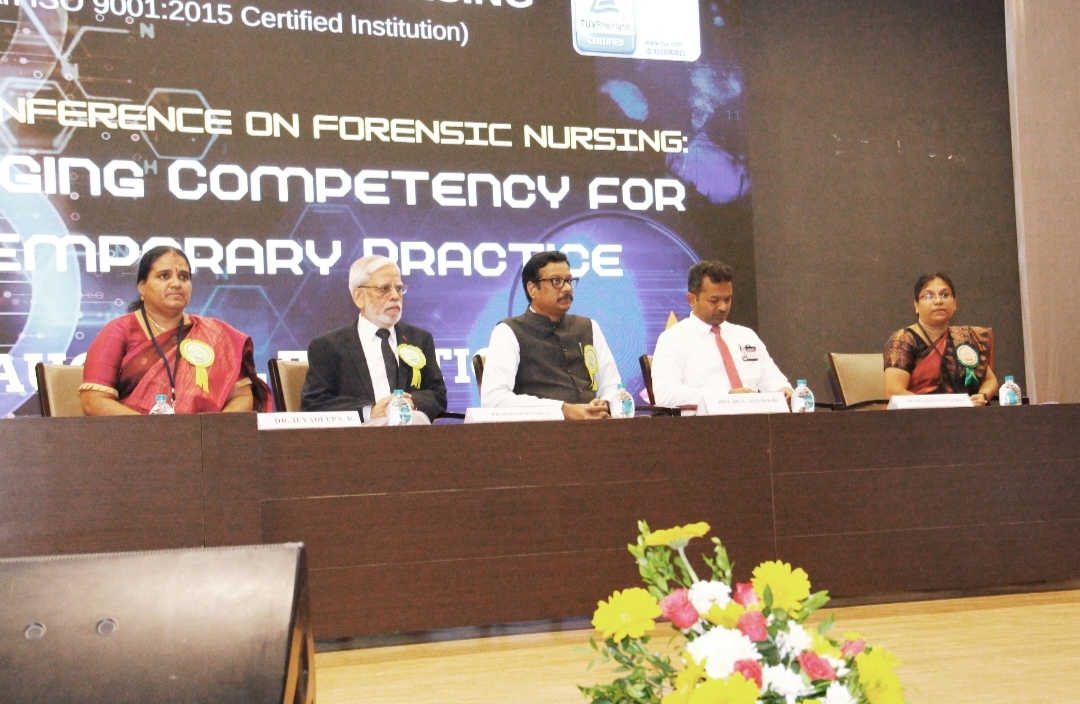Trending Now
- Alliance talks between AIADMK and BJP are ongoing. An announcement will be made at the right time – Union Home Minister Amit Shah.
- Vijay spoke about TVK vs. AIADMK only to motivate party workers – AIADMK General Secretary Edappadi K. Palaniswami.
- South Indian audiences are not interested in Hindi films, which is why they don’t succeed – Salman Khan.
- KL Rahul joins Delhi Capitals; the team will face Hyderabad tomorrow.
Coimbatore
GST Hike Shuts Down FDI in Online Gaming Sector; Job Cuts and Company Closures Follow: EY & USISPF Report
![]() June 22, 2024
June 22, 2024
Coimbatore : A joint report by Ernst & Young (EY) and the U.S.-India Strategic Partnership Forum (USISPF) has highlighted the challenges faced by India’s pay-to-play online skill gaming industry following the recent GST tax amendments imposing a 28% levy on deposits. This study reveals how a punitive taxation regime has triggered a cascade of adverse effects, including funding constraints, stunted growth trajectories of companies in the sunrise sector, job losses, and heightened uncertainty. The report highlights real-time gaming formats, such as casual games with a smaller player pool, as the worst-hit format.
Here are the key findings of the report:
The sector has been experiencing a “funding winter” since October 2023, despite attracting $2.6 billion in FDI from domestic and global investors, 90% of which was directed toward the pay-to-play format. Some companies reported a complete withdrawal of global marquee investors at the onset of the new GST regime.
The high tax impact is evident, with the GST cost constituting 15.25% of revenue before the amendment. Since October 1, 2023, GST has consumed 50-100% of the revenue for 33% of companies, even surpassing total revenue for startups, forcing them to operate at a loss. The report emphasizes that the impact varies with formats; casual games, in particular, face an existential threat due to the exponential GST increase.
Over half of the sector’s enterprises are witnessing stagnant or declining revenues, with 25% experiencing growth declines of up to 50%, a stark contrast to previous growth rates of 100-200%. This reversal in business prospects is attributed directly to the new GST regime.
Decreased margins due to increased GST have led to significant employee layoffs and a complete halt in hiring for specialist skills such as technology, product, animation, and design. Many companies report impacted jobs through no hiring, layoffs, and even shutting down operations. The new GST regime has raised concerns about the sector’s viability, deterring the right talent from joining the workforce and exacerbating the industry’s challenges.
The prospects remain uncertain, with a third of companies contemplating exit strategies if high tax rates persist, highlighting existential threats to the industry’s viability. Additionally, 17% of companies are actively seeking buyers due to equity losses, and another 17% have transitioned from profitability to losses since October 2023.
The report also highlights that India has the most onerous and highest Indirect Taxation regime for online skill gaming globally. Most countries tax on GGR/platform fees, the actual revenue for the platforms. In limited cases where countries tax deposits, the rate is lower to maintain parity with GGR models and avoid overburdening the sector. For instance, Poland and Portugal tax deposits at 12% and 8%, respectively.
“Skill based online money gaming industry has been impacted by the high levels of taxation under the GST regime. Considering the adverse effects of this taxation on industry growth, the survey of gaming companies shows that most companies prefer that the GST should be applied to either the Gross Gaming Revenue or the platform fee for the industry to reach its potential. This adjustment would foster sectoral growth and prevent revenue leakage. This approach recognizes that the true value of taxable supply is the platform fees, which cover the services provided by the gaming platforms, while the remaining amount contributes to the prize pool for winners,” said Bipin Sapra, Tax Partner, EY India.
“In aligning with global practices, India should clearly distinguish between games of skill and games of chance for online gaming taxation and regulation. India can benefit from this approach by bringing in new age technologies and investments from across the world. Our study indicates that the impact is concentrated in real-time games limited to fewer players where the business models are still evolving. The gaming sector needs support to grow and bring out the best possible efficiencies,” Dr Mukesh Aghi, President & CEO USISPF.
Various jurisdictions differentiate between taxes on games of skill and games of chance. The industry consensus, along with global indirect taxation practices, makes a strong case against high tax rates for online skill gaming. Advocates for reviewing the GST Council’s decision to tax pay-to-play online skill games from deposits to platform fees/GGR believe that this approach will support legitimate Indian start-ups in flourishing within the sector. Additionally, it will prevent consumers from turning to offshore platforms that evade taxes and lack user safeguards. Achieving an optimal tax base, i.e., GGR and rate, offers a win-win proposition for the industry, government, and users.























